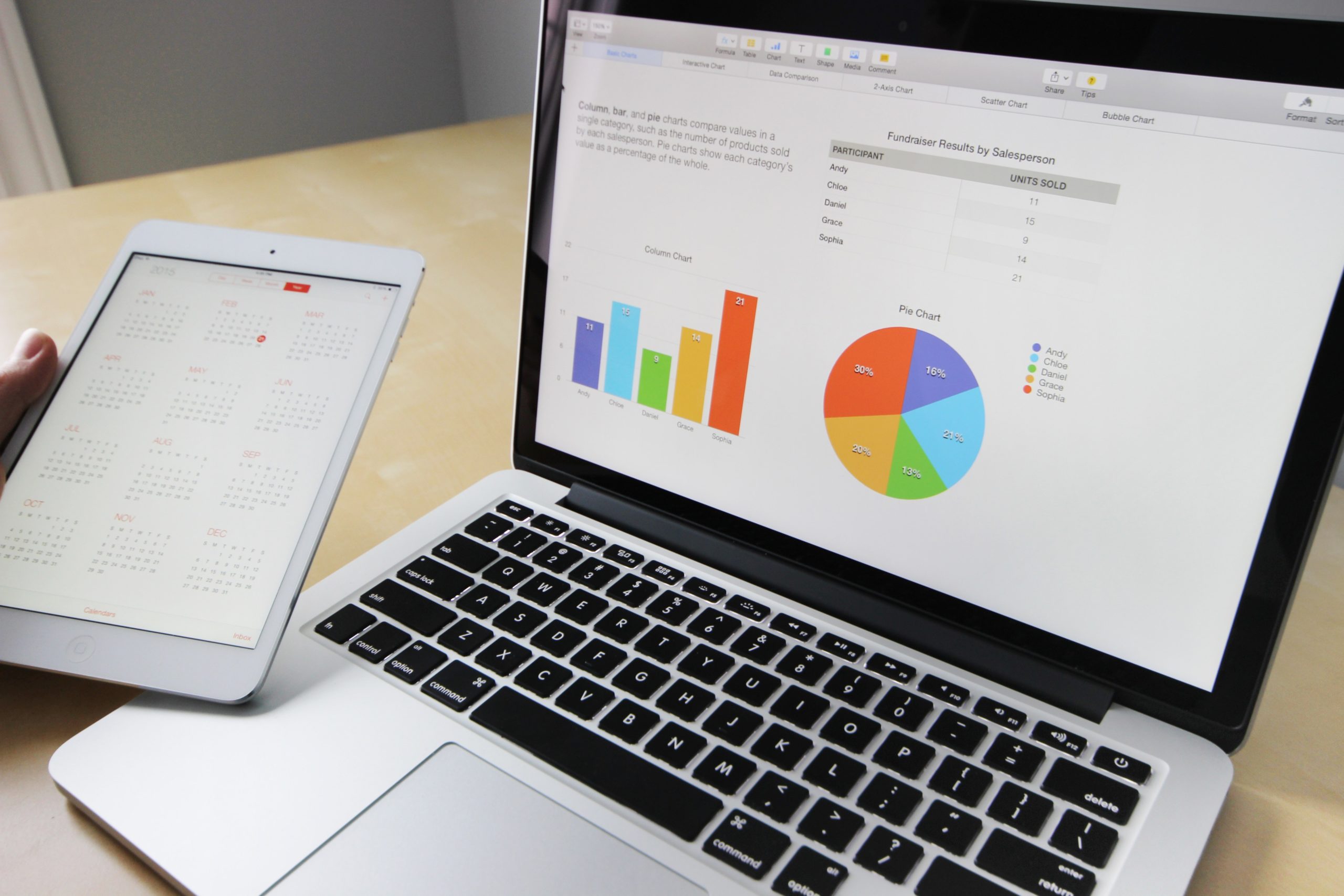Cash Flow: What Is It?
Cash Flow is the movement of funds in and out of a person’s or company’s bank account. Cash Flow is a measurement of the total amount of money entering and leaving the account over a certain period, like a month or a year. Because Cash Flow gives a clear picture of the amount of money that is available for spending, saving, or investing, it’s a key indicator for assessing the financial health of a person or company. A positive cash flow indicates that there is more money coming in than leaving, whereas a negative cash flow indicates that there is more money leaving than coming in. Cash flow management is a critical component of financial management since it aids both individuals and firms to evade financial troubles and achieve their long-term financial objectives.
The Importance of Personal Cash Flow for Your Financial Situation
Personal Cash Flow is important for several reasons:
- Understanding Financial Situation: Personal cash flow enables people to comprehend their financial well-being. Those who keep track of their income and spending may determine if they are living within their means, whether they have enough money to pay their bills, and whether they are saving enough money for the future.
- Making Sensible Decisions: Personal Cash flow helps individuals make well-informed decisions and choices regarding their spending and saving practices. For instance, if someone notices that they are spending more than they are making, they may change their spending plan and behavior to prevent getting into debt.
- Finding Potential Areas of Overspending: Personal Cash flow assists individuals to identify potential areas of overspending. This can assist them in changing their spending patterns and may start to budget to save more money and cut back on costs.
- Future planning: Personal Cash Flow aids future planning for people. People can find ways to save costs by keeping track of their income and spending. They can then use those savings toward current expenses or financial objectives.
- Maintain financial stability: Keeping your cash flow positive is crucial to keeping your finances stable. You may prevent financial problems like debt or bankruptcy by budgeting your money and setting money aside for the future.
How Does Cash Flow Work?
In personal finance, cash flow is typically measured every month. It is calculated by subtracting an individual’s total expenses from their total income for the month. If the result is positive, the individual has a surplus of cash, which can be used to pay off debt, save for the future, or invest. If the result is negative, the individual has a deficit, which means they are spending more money than they are earning, and they may need to adjust their spending habits to avoid going into debt.
Cash flow is crucial for achieving financial goals because it provides a clear picture of an individual’s financial situation. By monitoring their cash flow, individuals can identify areas where they can cut back on expenses, increase their income, or make investments that will generate long-term returns. This can help them achieve their financial goals, such as paying off debt, saving for retirement, or buying a house.
Why Is Cash Flow Good for You?
The ability to evade debt is one of the primary advantages of cash flow management. Individuals can discover areas where they are overspending and make budget modifications to prevent debt by keeping track of their income and expenses. This can assist them in avoiding the high-interest rates and costs linked to credit card debt, which can rapidly mount up and become unsustainable.
Cash flow management may assist people in avoiding debt as well as gradually accumulating money in their savings. By doing this, individuals might find opportunities to make long-term investments in stocks, bonds, or real estate. This may help to achieve other long-term financial objectives, such as creating a nest egg for retirement or funding their children’s school.
Budgeting for Cash Flow
Individuals should make a budget that monitors their income and spending to manage cash flow successfully. A spreadsheet or personal finance software can be used for this. All sources of income, including salaries, bonuses, and any passive income from investments, should be included in the budget. On the other hand, all expenses, including rent, utilities, groceries, transportation, entertainment, and any loan payments, should be listed in the budget.
After the budget is established, individuals should routinely check it to make sure they are remaining on course. Also, they must seek ways to enhance their income, such as by taking on extra work or asking for a raise in their present position. Also, they should seek methods to decrease costs, such as by limiting their discretionary spending or negotiating cheaper utility or insurance prices.
In conclusion, cash flow is a key idea in personal finance that helps people to keep track of their financial situation and make wise choices about their spending and saving practices. Effective cash flow management enables people to avoid debt, accumulate wealth, and reach their long-term financial objectives.
To achieve this, they should make a budget, keep tabs on their earnings and outgoing costs, and search for ways to boost their earnings and lower their spending.

